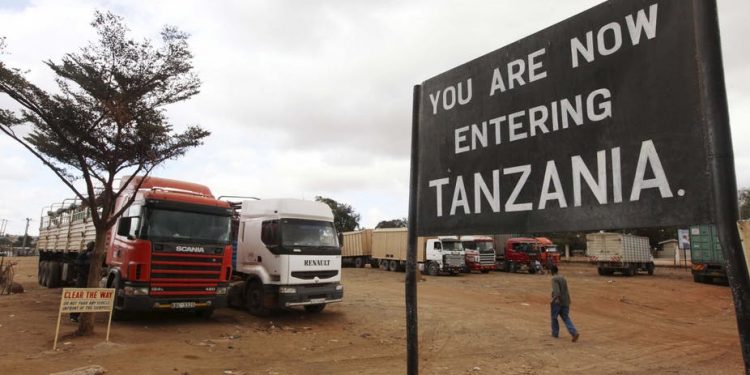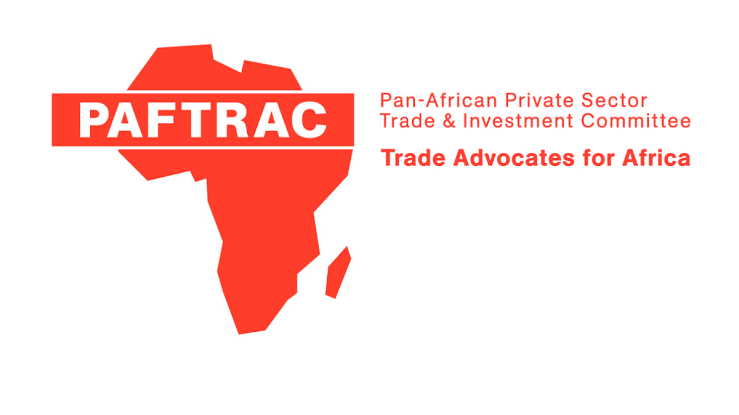The Tanzanian government has enacted a sweeping directive that bars non-citizens, including Nigerians and other African nationals, from operating in 15 key business sectors. The directive, signed into law on July 25, 2025, under the Business Licensing (Prohibition of Business Activities for Non-Citizens Order), takes immediate effect and is poised to reshape the landscape for foreign-owned MSMEs across the country.
The policy was unveiled on Monday through the Business Licensing (Prohibition of Business Activities for Non-Citizens Order) 2025, signed by the Minister for Industry and Trade, Selemani Saidi Jafo.
According to the official announcement, licensing authorities are now barred from issuing or renewing business licences to foreigners seeking to operate in the restricted sectors.
“Upon coming into effect of this order, licensing authorities shall not issue or renew a licence for a non-citizen to carry out any of the business activities prohibited under this order,” the Ministry stated.
Sectors Now Closed to Foreigners
Among the sectors affected are:
- Retail and wholesale trade (excluding supermarkets and specialised outlets)
- Mobile phone repairs
- Mobile money transfer services
- Tour guiding
- Salons (outside hotels)
- Small-scale mining
- On-farm crop purchasing
- Home and office cleaning services
- Ownership and operation of micro and small-scale industries
- Real estate brokerage
- Business brokerage
- Operation of gambling machines outside licensed casinos
The Tanzanian government said the decision stems from growing public concerns, particularly in urban commercial zones like Kariakoo Market in Dar es Salaam, where foreign traders, notably from China, have been accused of displacing local businesses.
“This order is a deliberate step to ensure that sectors traditionally accessible to locals remain preserved for Tanzanians. It reflects the government’s broader commitment to economic inclusion and employment for citizens,” Minister Jafo added.
Tanzania now joins a growing list of African nations, including Ghana, Nigeria, Zimbabwe, South Africa, Swaziland, Zambia, and Botswana, that have implemented policies to ring-fence certain economic sectors for their citizens.
While local business groups have praised the move as a long-overdue intervention, international observers warn that such protectionist policies could impact foreign investment, trade relations, and diplomatic ties.
Exemptions and Transition Periods Unclear
As of now, the Tanzanian Ministry of Industry and Trade has not disclosed whether any transitional arrangements or exemptions will be granted to foreigners already operating in the affected sectors.
The order was dated July 25, 2025, and is expected to be enforced immediately, marking a new phase in Tanzania’s domestic economic policy landscape.










